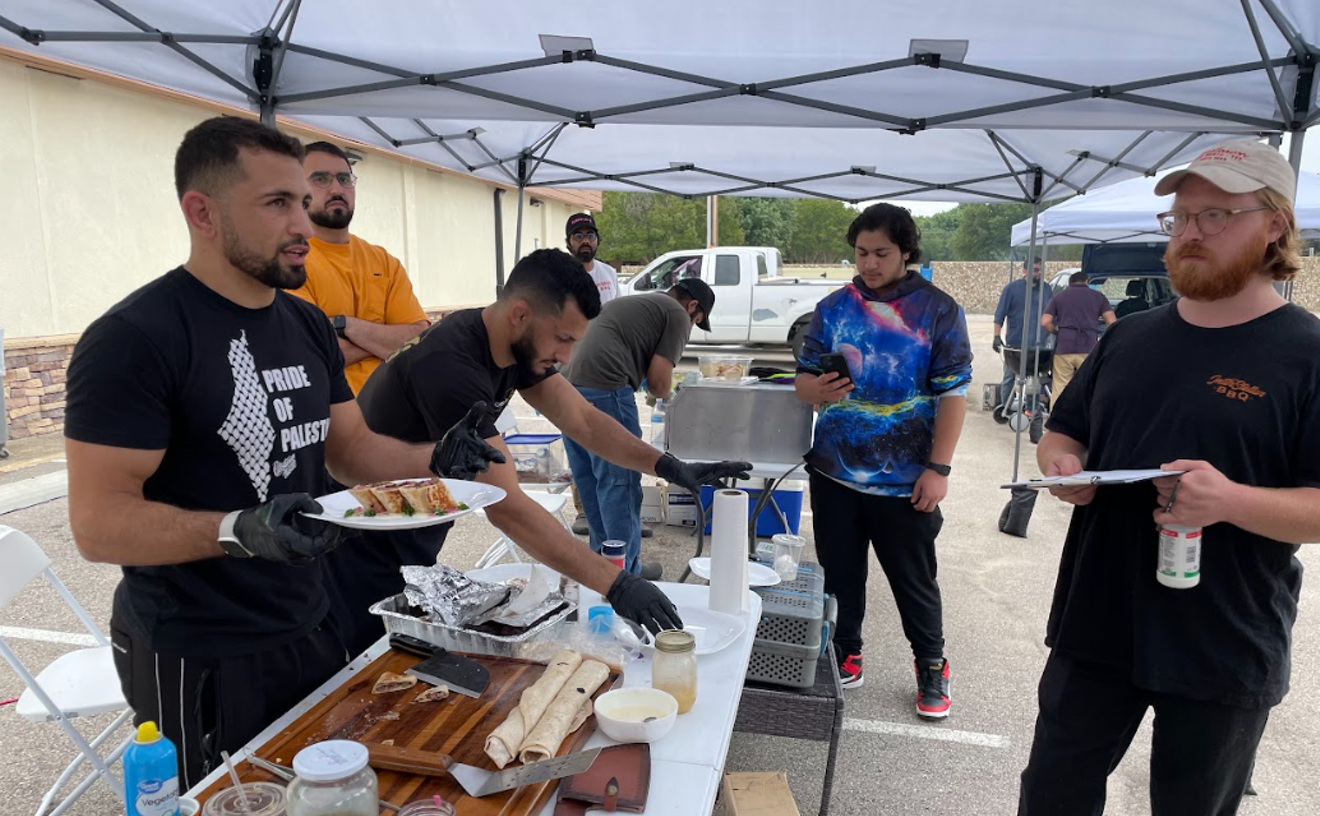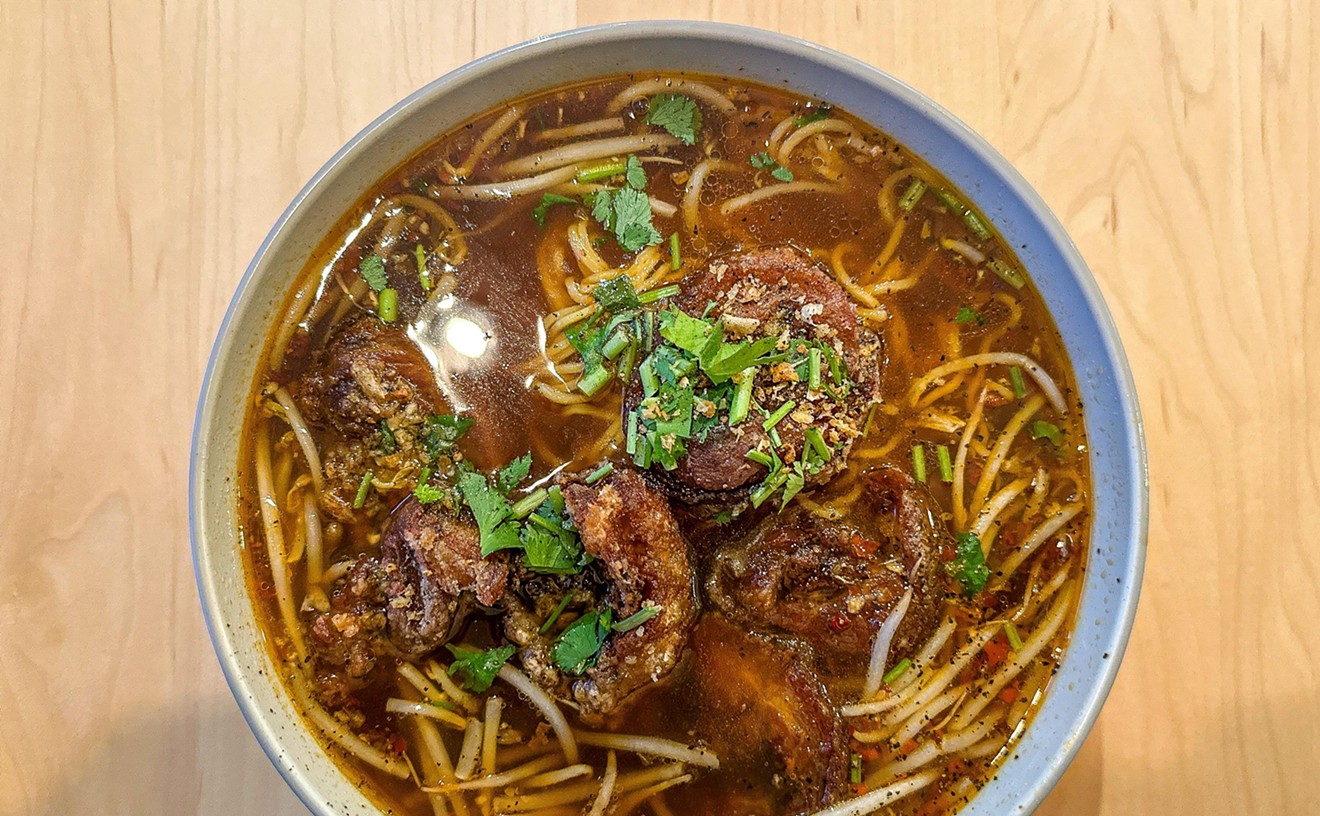Before I was a food critic I was a recipe tester. I worked with Bonnie Benwick at the Washington Post, who would send out a handful of recipes to her team and demand resultant dishes be brought to the office for sampling and photography. She would yell at us testers in all caps throughout the text of a recipe, asking HOW MANY CUPS TESTER when a cook called for a medium onion, diced, or HOW LONG TESTER AND WHAT HEAT LEVEL when a cook asked those onions be cooked till translucent. I miss those seemingly angry questions, and I miss getting inside the head of another cook and learning different approaches to cooking.
I'm thinking about them today because I've seen some interesting recipes on that snazzy new blog House of Plates for a while now, and recently on Side Dish, too. The two blogs are asking chefs, bartenders and other food pros to hand-write recipes on legal paper and bar napkins, scan them and send them in, and they're turning the results into a clever and visually appealing blog posts that read well but leave me concerned about the quality control.
That chefs are scratching out the recipes only gives me more pause. Chefs are the absolute worst recipe developers, not because they're careless but because they're too smart for their own good. They season to taste with salt and pepper without even thinking and they'll turn down the heat on a pan that's reducing too quickly as if it's second nature. Those automatic adjustments, learned from thousands of hours behind a Vulcan range, are very difficult to capture in concise, easy-to-understand directions, and those steps rarely make it into finished recipes.
The consequences are a bunch of home cooks that botch dinner with an over-cooked roast at best, or a handful of seriously injured churro makers at worst. That latter incident was written about in the Post in a blog post titled And that's why we test.
Someone with experience can usually adjust for small problems in a recipe and continue unfazed, but egregious omissions and errors can prove incredibly frustrating for even the most seasoned cooks. If you're going to cook with recipes that haven't been tested -- if it's in a book or periodical, it almost certainly has -- be careful. Read the text from beginning to end and think out the steps before you commit your time and resources. And for the love of all things greasy, never toss a churro, or anything really, into a vat of oil past its smoke point.










